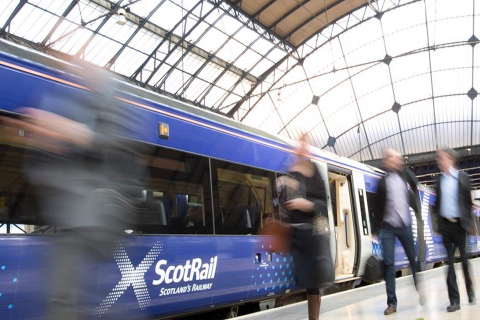UK Rail strikes: reform before reward says new transport minister

Mark Harper, the new transport secretary in the UK government, has said that to break the deadlock with the unions, and solve the long-running industrial dispute, it will require an acceptance of revised working practices. He spoke to British national media on Sunday, having met face to face with the leader of the biggest union involved, the RMT, on Thursday of last week. Hopes of an early resolution seem to be fading once again.
Want to read more?
You have read all of your free premium articles for this month. Please become a subscriber to keep reading.
Subscribe now!
Take advantage of our exclusive offer to get full access to all premium content.




